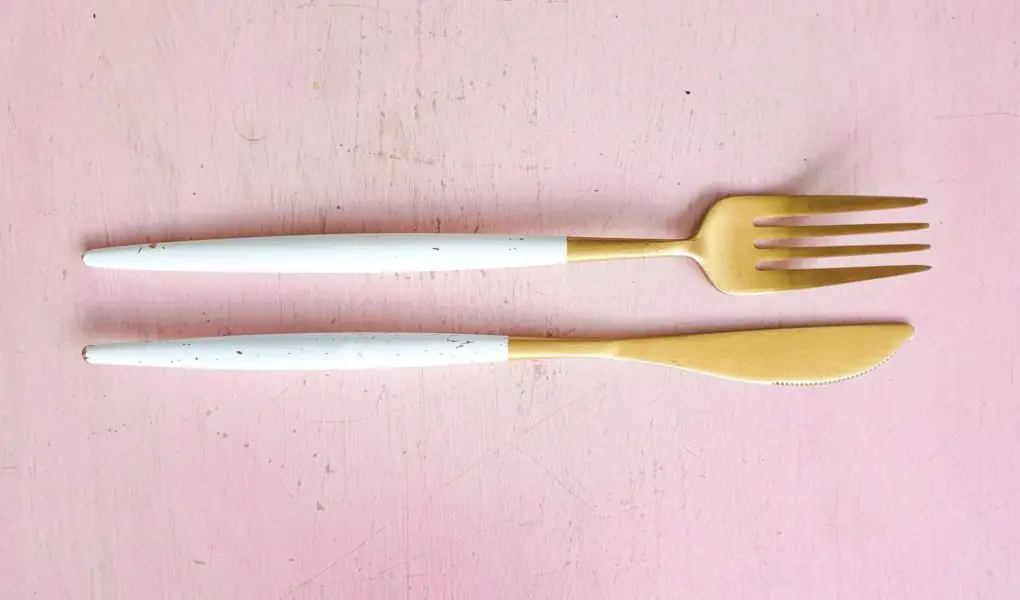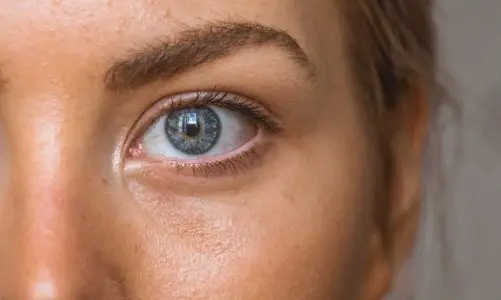Knowing when to take Vitamin C will help increase its effectiveness and also help manage any sensitivities you might have as a result, such as diarrhea or nausea. Vitamin C is a powerful antioxidant loaded with health-giving benefits that you most certainly want to get the most out of. Deciding whether to take vitamin C supplements with or without food will depend on a few things. Factors include vitamin C’s efficacy, your own health needs, and practical considerations such as your daily habits. We break these down for you in this article, but first, we have to understand how vitamin C functions in the body.
How does vitamin C function in the body
Vitamin C is an essential nutrient which our bodies do not produce. We need to get it from outside sources such as food or dietary supplements. Because it is water-soluble, vitamin C can be taken with or without food. But unlike many fat-soluble nutrients, it does not need food primarily in order to be absorbed. If a certain threshold level has been reached in the body, it simply excretes the rest of the vitamin C it does not need via the kidneys and urine. Just have a look at what this super nutrient can do for you. Benefits include collagen production important for healthy skin and bones, improved absorption of other nutrients like vitamin E and iron, healthy blood pressure, and super antioxidant power that help fight free radicals in our bodies.
Vitamin C supplements with food vs without food
Taking vitamin C supplements with or without food depends on a few factors one needs to consider first:
Take it WITH Food
· If you do not tolerate ascorbic acid well on an empty stomach. Consider taking vitamin C supplements with juices, meals, or smoothies.
· When you usually experience diarrhea, nausea, and stomach cramping from taking ascorbic acid on an empty stomach, try taking it with food and see how it goes.
· For any digestive disorders or if suffering from malabsorption. Taking vitamin C supplements with food may help with absorption.
· If you are taking bulky ascorbic acid tablets that cause an uncomfortable feeling in the stomach. If so you may want to consider other vitamin C forms instead.
A practical factor to consider is convenience. If taking supplements at the same time every day with a meal is easier and more convenient then life is simpler too. It might even help to take your supplement every day at the same time so you get into a habit of not forgetting.
Take it WITHOUT Food
- If you tolerate ascorbic acid well and do not experience any gastrointestinal issues.
- If you are consuming the general safe RDA (Recommended Daily Allowance) for vitamin C. Taking vitamin C supplements at much higher dosages has been associated with side effects such as diarrhea and nausea. The RDA for adults is between 75 to 90 mg. The Linus Pauling Institute has its RDA set at 400mg/day.
- When taking a vitamin C supplement without food, consider an easily dissolvable powder form, a Liposomal or buffered form.
- If you want to space your meals and your intake of vitamin C, take your supplement about 30 to 45 minutes before a meal on an empty stomach.
Taking vitamin C supplements with or without food: last few thoughts
Deciding whether to take vitamin C supplements with or without food really depends on each individual’s own needs. The water solubility of vitamin C makes it an ideal nutrient to take without food, however, there are good reasons to want to take it with food, especially if you suffer from gastrointestinal issues. The best way still is to consume vitamin C is through food. A balanced diet that includes a variety of fresh fruit and veggies should give you your total daily dose.
If you have been taking vitamin C supplements for a while, but do not experience any benefits, you might want to consider taking it differently or take a different form. If you suspect a vitamin C deficiency and want to supplement with vitamin C, why not chat to a healthcare professional or nutritionist first, to help guide you in the decisions you make.
Enjoyed this article? Read more on vitamin C in the following articles:
How to make vitamin C taste better.
What’s best? Vitamin C supplements in the morning or night?
5 of the BEST vitamin C face washes for brighter skin!
Which essential oil contains vitamin C?
Taking dietary supplements should always be done alongside the guidance of a medical practitioner. This article was not written or overseen by a medical professional and should not be viewed as advice or diagnostic information.
Image credit David Billings
Cautionary note: Not any of these statements have been evaluated by the Food and Drug Administration. The content of the articles and the products recommended are not intended to diagnose, treat, cure or prevent any disease or health issue. The intention is also not to imply that vitamins or any dietary supplements are substitutes for a balanced diet or are in any way more beneficial or superior to dietary nutrients. It is also not intended to imply that general or normal health may be affected by not taking dietary supplements or receiving intravenous vitamin C infusions.




